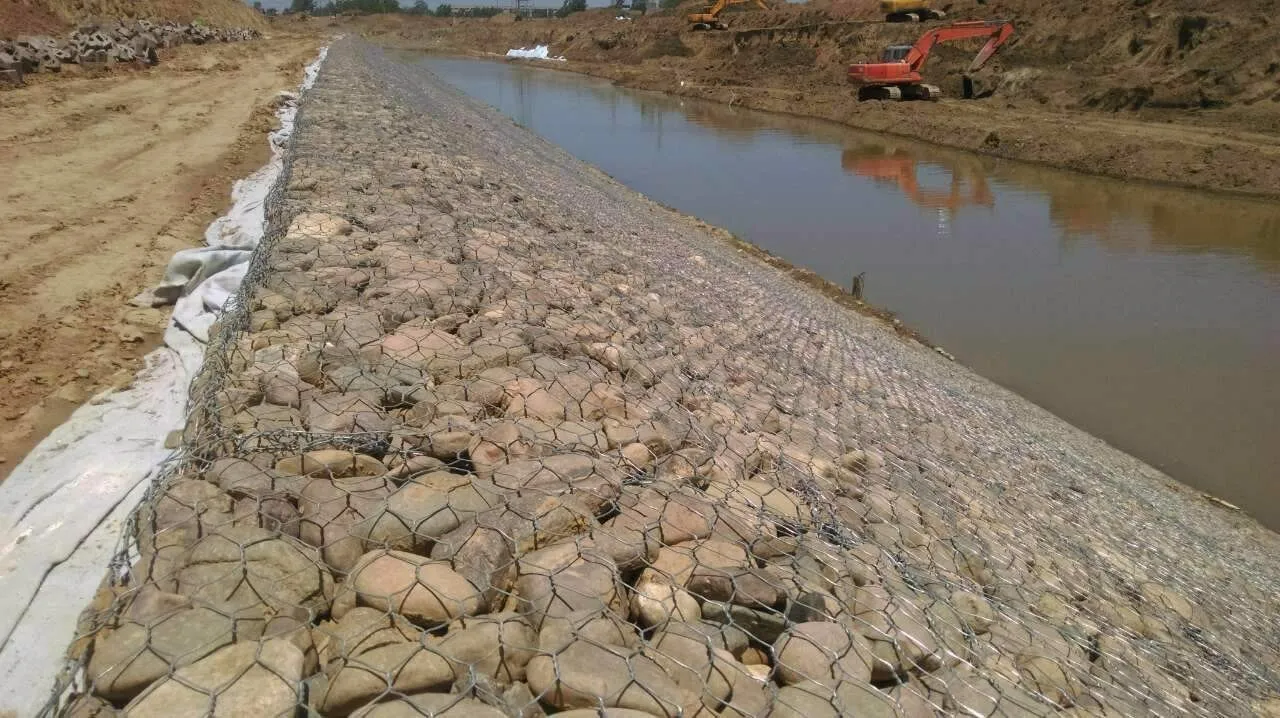-
 Phone:
Phone: -
 Email:
Email:

Understanding the Corrosion Resistance of Rebar Tie Wire in Construction Projects
Does Rebar Tie Wire Rust?
When it comes to construction and engineering, understanding the materials involved is crucial for the durability and longevity of a structure. One often overlooked component in reinforced concrete applications is the rebar tie wire. This wire is essential for securing rebar in place, ensuring that the steel reinforcement remains correctly positioned during the pouring of concrete. However, a common concern among builders and engineers is whether rebar tie wire rusts, and what implications this may have for the integrity of the structure.
Understanding Rebar Tie Wire
Rebar tie wire is typically made from low carbon steel, which provides the necessary strength and flexibility required for tying rebar. The wire is designed to be easily twisted and secured, allowing workers to maintain the structure of rebar cages effectively. Given that rebar itself can rust if not properly protected, the rusting potential of tie wire is a valid concern, especially in applications where moisture and environmental conditions may lead to corrosion.
The Conditions for Rusting
Rusting occurs when iron or steel is exposed to moisture and oxygen over time. This process can be accelerated by various factors, including salinity, humidity, and temperature. In construction settings, exposure to water, whether from rain, ground moisture, or the concrete itself during curing, poses a significant risk for all types of steel products, including tie wire.
Does Rebar Tie Wire Rust?
Yes, rebar tie wire can rust if it is left exposed to the elements. While the initial use of tie wire may be in a dry environment, once it is used to tie rebar and subsequently subject to moisture from concrete or the environment, the risk of rust increases. As the tie wire begins to corrode, it may weaken in strength, potentially compromising the structural integrity it was meant to support.
does rebar tie wire rust

Prevention Strategies
To mitigate the risk of rusting, several strategies can be employed
1. Use of Coated Tie Wire One effective method is to use galvanized or epoxy-coated tie wire, which offers substantial protection against corrosion. Galvanization involves coating the steel with a layer of zinc, while epoxy coatings provide a barrier that prevents moisture from reaching the steel.
2. Ensure Proper Curing Techniques Effective curing of concrete is vital. If concrete is allowed to cure properly, it reduces the amount of moisture that may come in contact with the tie wire after the structure has been completed.
3. Limit Exposure Keeping the construction site as dry as possible and minimizing the exposure of tie wire to moisture during and after installation can significantly reduce the risk of rust.
4. Regular Inspections Inspecting the structural elements regularly can help identify any signs of rust early on, allowing for timely mitigation measures to be implemented.
Conclusion
In summary, rebar tie wire does have the potential to rust, especially when exposed to moisture and oxygen after it has been installed. This rusting can affect the performance of the tie wire, and subsequently, the rebar it secures. By understanding the properties of tie wire and implementing preventive measures, builders can enhance the longevity and durability of reinforced concrete structures. Ensuring that the materials used in construction are suitable for their environment is fundamental in maintaining the integrity of any structural project.
-
Reinforce Your Projects with Versatile Hexagonal Wire MeshNewsSep.12,2024
-
PVC WireNewsSep.12,2024
-
Maximize Your Closet Space with Clothes Hanger WireNewsSep.12,2024
-
Enhance Safety and Stability with Premium Rock Netting SolutionsNewsSep.12,2024
-
Bucket Handle WireNewsSep.12,2024
-
Baling Wire: Your Ultimate Solution for Securing and BundlingNewsSep.12,2024
-
What’s the Cost of Securing Your Property? Breaking Down Barbed Wire Fence PricesNewsAug.30,2024








